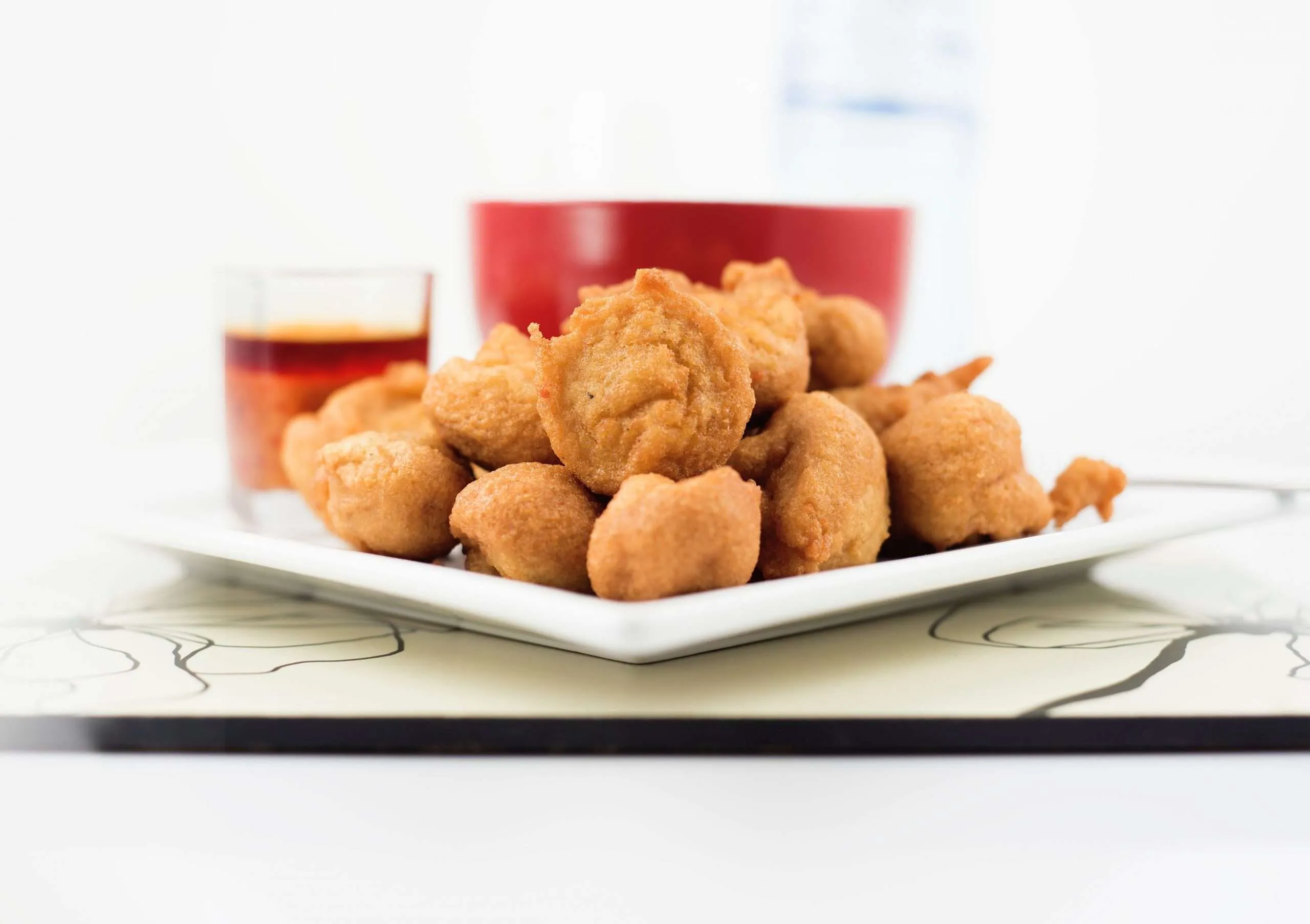What are Examples of Yoruba Food in Nigeria?
Examples of Yoruba food in Nigeria includes Amala, Akara, and Pap. I believe that these foods represent Yoruba culture in Nigeria and beyond
Defining Culture
Culture, according to Sir Edward Taylor, is defined as “that complex whole which includes knowledge, beliefs, arts, morals, law, customs and any other capabilities, habits acquired by [a human] as a member of the society.” A culture represents the beliefs and practices of a group of people while society represents the people who share those beliefs and practices. Food is also a part of culture, which brings us to our discussion of Yoruba Foods of Nigeria
In addition to it’s intrinsic values, culture provides important social and economic benefits. With improved learning and health increased tolerance, it provides opportunity to come together with others. Culture enhances our quality of life and increases overall well-being for both individuals and communities.
The Yoruba People of Nigeria
Each tribe in Nigeria has their unique cultural settings which distinguished them from the rest of the society. Culture is what differentiates one group or society from the next as different societies have different cultural settings. Culture is part of us and we’re culture. However, with about 197 million people belonging to any of the 300 ethnic tribes present in Nigeria, this west African country is the most diverse nation in modern Africa.
Interestingly, the Yoruba tribe happens to be the second most recognized ethnic tribe with lots of beautiful cultural and traditional history. Yoruba people are an ethnic group that inhabits west Africa mainly the countries of Nigeria, Ghana, Togo, Benin, Ivory coast, Sierra Leone, The Gambia, Liberia and Senegal, Yoruba constitute around 47 million people worldwide.
Yoruba Foods of Nigeria
Amidst all of this, Yoruba people have special and salivating delicacies which differentiate them from other tribes in the society.
Yoruba Food of Nigeria: Amala
Among them is Amala (Yam flour) which is usually accompanied with ewedu (jute), gbegiri (beans soup), together with stew and assorted meats or fishes.
This aforementioned delicacy holds a special place in the heart of Yoruba people as they cherish it beyond mere imaginations. Unknown to many people, Amala is gotten from yam peels. The peels are dried and thereafter grinded into flour.
The health benefits of Amala and ewedu is really appealing as it’s good for diabetes management, improves cardiovascular diseases, lowers cancer risk and also improves eyes sight.
Vitamin A can be found in ewedu (jute) and pepper coupled with beta-carotene and this nutrients helps in improving eye sight. Other benefits are the presence of calcium, zinc and iron among others.
Memories With Yoruba Foods from Nigeria
This reminds me of my first time eating Amala and ewedu with gbegiri, it was an experience I would never forget and I was wondering what I would have missed had I rejected the mouth watering delicacy offered by my grandmother.
As the only little daughter of the family that I was then, my mom wouldn’t force me to do anything I wouldn’t like to except it comes naturally from my heart, likewise when it comes to food aspect no wonder I didn’t like eating some certain food back then. My family live in the heart of the city of Ibadan (the largest city in West Africa), but my grandma lives in the outskirt of osun state where she cultivate farms.
It was another end of the year holiday in my school so my grandma called my dad to allow me come spend the holiday with her and as grandma’s pet that I am, I gleefully accepted and off we went with my elder brother.
Prior to our arrival, Grandma had prepared Amala and ewedu with gbegiri and assorted meats down for us so the moment we alighted and after the greeting formalities, she set the table for us to eat. I became restless because I didn’t like the food, I told Grandma that my mom never taught me how to eat that kind of food so I will have to get something else.
Amala Traditions in Nigeria
She was shocked like how would a typical Yoruba girl not know how to eat Amala, she implored me to taste the food that it’s our traditional food and I would love it, well I tasted it and to my utmost surprise, it was the best food I could ever remember. The food was so nice and inviting, this experience made me love Amala and ewedu with gbegiri and I’m not surprised as this food is now my favorite dish.
Amala is served in a large bowl while ewedu with gbegiri is poured on it with the assorteds, then we dip our hands in the bowl to consume the delicious delicacy.
One interesting aspect of Amala eating culture is the fact that, two or more people can eat it together in a bowl hence creating love among ourselves.
Yoruba Food of Nigeria: Akara
We also have another mouth watering food called akara (beans cake).
Akara and Nigerian Culture
As a little child, I’ve always loved akara with pap because of its sweetness and texture. While growing up as a child, I’ve mastered the way food is been prepared because I was always with my mom in the kitchen whenever she’s cooking for the family hence my love for cooking. Akara and pap with milk has been our Saturday morning ritual in my family as this food is what we prepare every Saturday as breakfast.
This becomes part of me because even after I gained admission into higher institution, I still maintain the Saturday morning ritual of akara and pap and this brought friends with different tribes to me because they found my akara and pap appetising the moment they tasted it. Others in my hostel have now imbibed my culture of akara and pap every Saturday morning.
This akara is made from beans and it’s best enjoyed with pap, milk and sugar.
This food is taken as breakfast in a standard Yoruba traditional setting as it’s taken early in the morning before the commencement of the day’s task. It’s health benefits is also second to none as it’s rich in proteins, fiber and antioxidants. Beans aren’t just good for the waistline, they also aid in disease prevention. Akara is a traditional food that helps reduce the risk of heart disease, cancer and stroke. This is one of the best meal which gives energy to kickstart your day. This meal is also rich in soluble fibre which is known to lower cholesterol level. It may interest you to know that this meal also helps loose weight.
According to nutritional experts, each ball of this cake contains 71 calories approximately if it’s prepared with the basic ingredients like beans, pepper, onions, tomatoes and other things that you may wish to add. It’s calory content for fat is just 10 and protein is high as 45 calories which is very good when it comes to loosing weight. Fibre and sugar make up the remaining 16 calories.
Yoruba Food of Nigeria: Pap
Pap a product of corn is another nutritious and healthy food, pap delivers a great deal of carbohydrates despite it’s texture which is why it’s recommended for athletes during their half time when they can’t afford to take heavy meal.
Akara with pap is an ideal breakfast anyday anytime in Yoruba land. Together they’re healthy combination with countless nutritional values, no wonder other tribes embraced it massively as it’s considered the perfect way to start your day.
Final Thoughts on Culture and Food in Nigeria
Sociologically, this food has brought cultural unity among different cultures because it creates this sense of humor and oneness among people in the society. Cultural relativism isn’t left out as people from other cultures instead of questioning or condemning Yoruba culture embraced it with open arms and this act have created an immense growth as it’s seen as a social norms in the society.







